What are the signs and causes of acid reflux? What foods should you eat if you have acid reflux? These are common questions about this condition. For more information about acid reflux, follow our article below.
1. What are the signs and causes of acid reflux?
According to Dr. Dong Xuan Ha, a gastroenterologist at Vinmec Ha Long International Hospital, acid reflux, scientifically known as gastroesophageal reflux disease, is a condition where stomach contents, including food, digestive enzymes, and gas, flow back up into the esophagus.
Normally, when we eat, food travels from the mouth down the esophagus, and the lower esophageal sphincter opens to allow food into the stomach before closing again to prevent food and stomach acid from flowing back up.
Acid reflux occurs when stomach acid flows back up and damages the esophagus, larynx, mouth, and other organs.
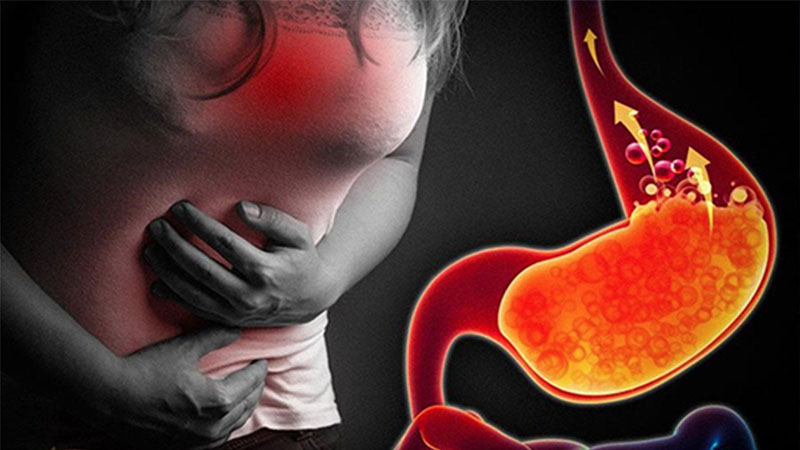 Information about acid reflux
Information about acid reflux
People with acid reflux often experience the following symptoms:
-
Belching, heartburn, and acid regurgitation are common symptoms of acid reflux. These symptoms typically occur when one is full, experiencing indigestion, lying down, or sleeping, especially at night.
-
Nausea and vomiting are caused by acid flowing back into the throat or mouth, irritating these areas. This symptom is most common at night.
-
Difficulty swallowing is due to frequent acid reflux, which causes edema and swelling, narrowing the esophageal diameter. As a result, the patient feels like something is stuck in their throat.
-
Hoarseness and coughing are caused by damage to the vocal cords when they come into contact with stomach acid. Acid reflux patients may experience hoarseness due to vocal cord edema, making it difficult to speak.
-
Excessive salivation is the body’s self-protection mechanism in the mouth to neutralize the acid that flows back up.
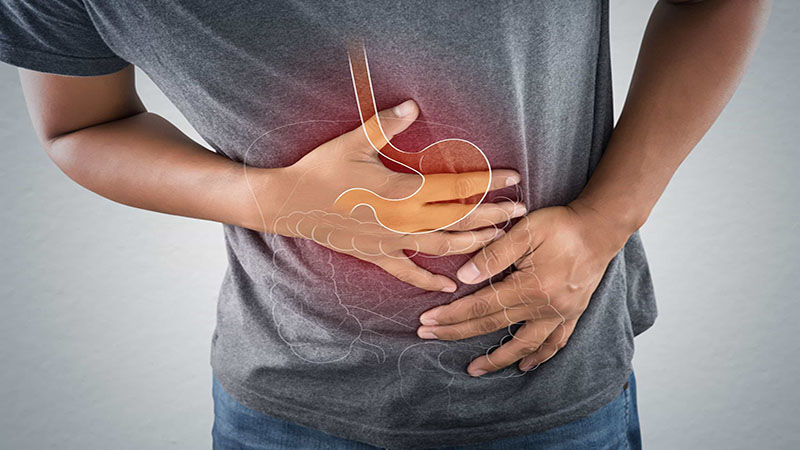 Causes of acid reflux
Causes of acid reflux
Acid reflux is usually caused by two mechanisms: weakened lower esophageal sphincter and excess acid or stomach overload.
Reasons for a weakened lower esophageal sphincter include:
-
Side effects of medications
-
Use of stimulants such as coffee, alcohol, and cigarettes
-
Neurological and infectious diseases affecting the lower esophageal sphincter
Reasons for excess acid or stomach overload include:
-
Gastric ulcers, erosions, cancer, or other stomach conditions
-
Irregular eating habits, such as overeating or consuming hard-to-digest foods
-
Other factors such as obesity, which increases abdominal pressure, and stress.
2. Foods to eat if you have acid reflux
Here are some foods to include in your diet if you have acid reflux:
Fruits with low or no acid content
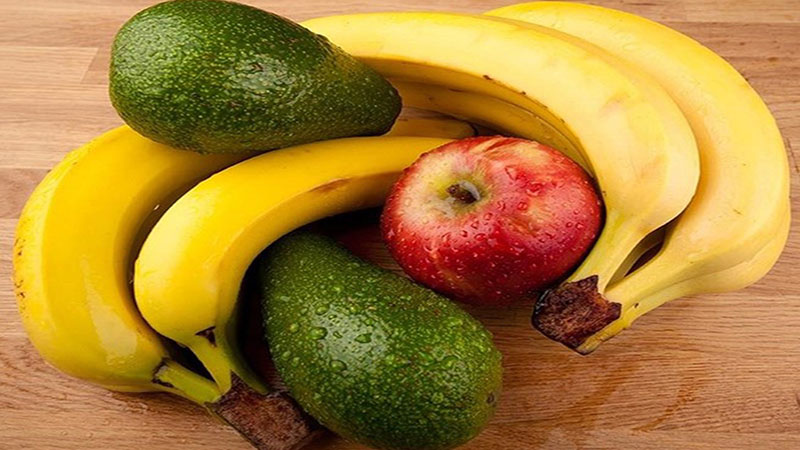 Fruits with low or no acid content
Fruits with low or no acid content
If you have acid reflux, it is recommended to limit your intake of acidic fruits. Instead, opt for fruits such as:
-
Apples: Pectin in apples helps dissolve cholesterol in the intestines, reducing bad cholesterol levels and improving digestion.
-
Bananas are a good source of potassium, an essential electrolyte for digestive health.
Ginger
Ginger has anti-inflammatory properties and is often used to treat heartburn. You can add a few slices of ginger to your tea or other beverages.
Oatmeal
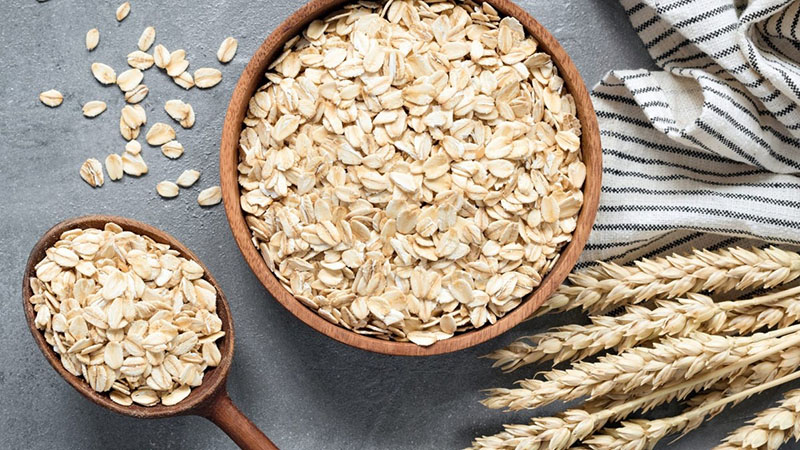 Oatmeal
Oatmeal
Oatmeal is a quick and easy-to-prepare dish that is high in fiber. It helps absorb stomach acid and reduces acid reflux symptoms.
You can add oatmeal to your smoothies or combine it with your favorite fruits.
Vegetables
Vegetables like broccoli and cabbage are typically low in fat and sugar and help reduce stomach acid. Here are some vegetable options:
-
Broccoli has a high alkaline content, helping to reduce acid levels in the body and alleviate acid reflux symptoms.
-
Cabbage is a good source of fiber, promoting digestion, preventing constipation and bloating, and lowering cholesterol levels.
Lean meats
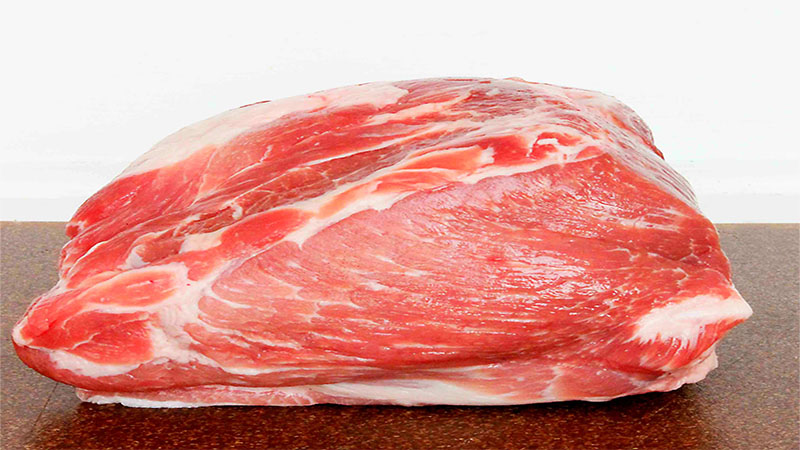 Lean meats
Lean meats
Lean meats help reduce acid reflux symptoms without overloading the digestive system, causing heartburn, and acid regurgitation. They also help build and maintain muscle strength.
When preparing lean meats, remove the skin and avoid frying.
Healthy fats
Healthy fats include avocado, olive oil, and nuts. Some sources of healthy fats are avocado, flax seeds, and more.
Yogurt
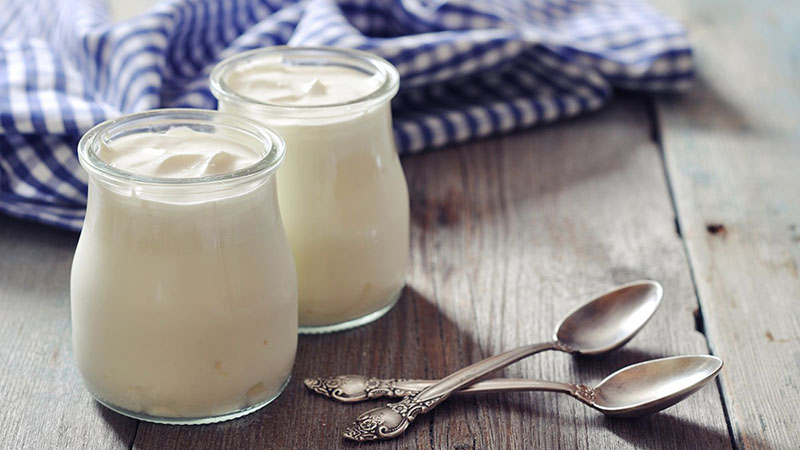 Yogurt
Yogurt
Yogurt is a recommended food for people with acid reflux. It contains beneficial bacteria that support digestion and improve immunity.
Egg whites
Egg whites are another healthy source of protein for people with acid reflux. However, avoid egg yolks as they are high in fat and can trigger acid reflux symptoms.
Fish
Fish is typically low in acid and fat and rich in essential nutrients. Instead of frying, opt for grilling, steaming, or boiling your fish.
3. Foods to avoid if you have acid reflux
Acid-rich foods
 Fruits with high acid content
Fruits with high acid content
People with acid reflux should avoid consuming acid-rich foods such as oranges, tangerines, and pineapples. These foods stimulate acid secretion in the stomach, worsening acid reflux and its symptoms.
Spicy foods
Spicy foods like chili and black pepper can aggravate stomach ulcers and pain. This hinders the treatment of acid reflux and intensifies symptoms such as heartburn, belching, nausea, and epigastric pain.
Alcohol and carbonated drinks
 Avoid alcohol and carbonated drinks
Avoid alcohol and carbonated drinks
Consuming alcohol and carbonated drinks increases pressure on the stomach, hinders digestion, and causes acid reflux.
Fatty foods
Fatty foods can cause indigestion, along with symptoms such as nausea, acid regurgitation, heartburn, bloating, and discomfort in the upper abdomen. They stimulate acid secretion, leading to excess acid, indigestion, and reflux into the esophagus.
Extremely hot or cold foods
Very hot or cold foods can irritate the digestive tract, increasing acid secretion. This can destabilize the stomach and worsen acid reflux.
4. Dietary guidelines for people with acid reflux
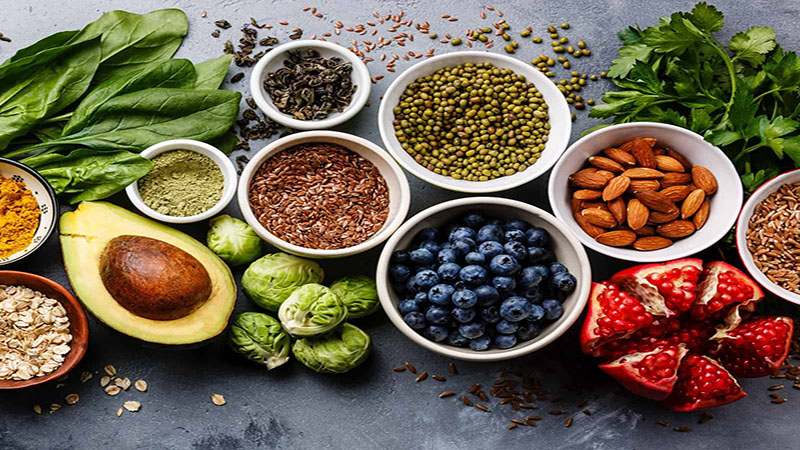 Dietary guidelines for acid reflux
Dietary guidelines for acid reflux
Here are some dietary guidelines to significantly reduce the frequency of acid reflux:
-
Eat smaller, more frequent meals throughout the day.
-
Choose alkaline and acid-neutralizing foods or easily digestible proteins.
-
Limit foods that stimulate acid secretion or relax the lower esophageal sphincter, such as acidic fruits.
-
Reduce your intake of fatty and spicy foods.
-
Avoid smoking, alcohol, and stimulants.
Maintain a healthy weight and manage stress to effectively reduce acid reflux symptoms.
We hope this article provided valuable information about acid reflux and dietary guidelines for managing this condition. For your health and well-being, consider incorporating these tips into your daily routine.
Source: Vinmec International Hospital
































